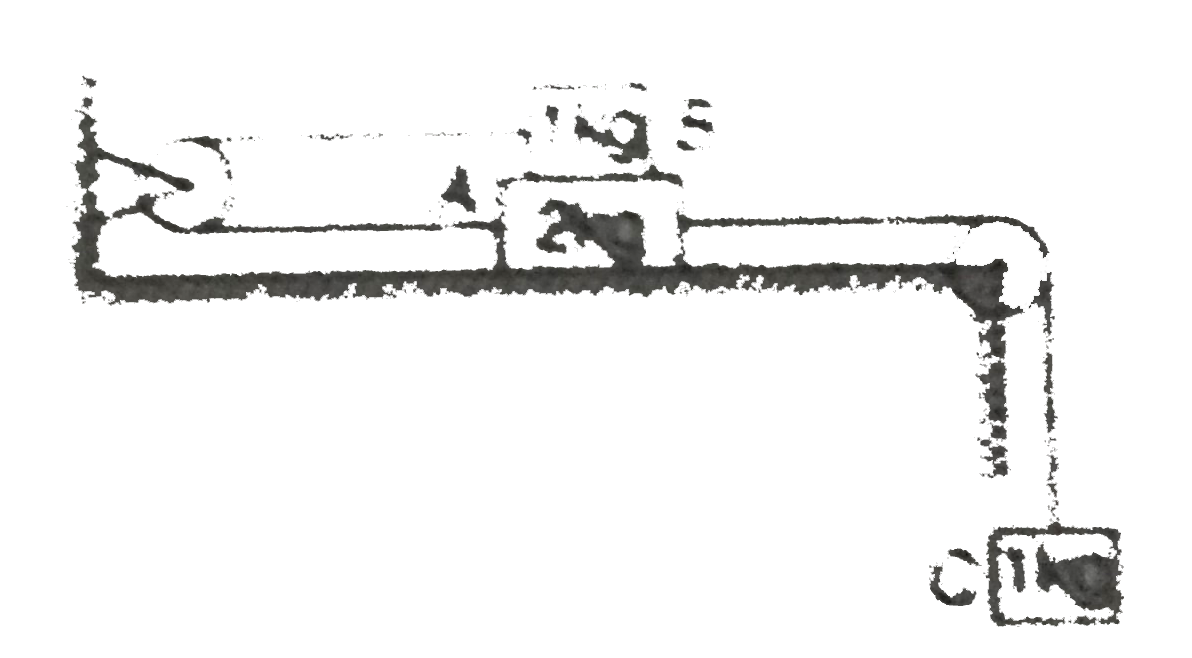Friction depends on the _____ of two surfaces in contact.
Step-by-Step Solution:
1. Understanding Friction: Friction is a force that opposes the relative motion of two surfaces in contact. It plays a crucial role in everyday activities, such as walking, driving, and holding objects.
2. Identifying the Surfaces: When two objects come into contact, each object has a surface. For example, if we have a block resting on a table, the block's surface and the table's surface are the two surfaces in contact.
3. Nature of Surfaces: The term "nature of the surfaces" refers to the characteristics of these surfaces. This includes their texture, smoothness, and roughness.
4. Effect of Surface Roughness: The roughness of the surfaces significantly affects the amount of friction. Rough surfaces tend to have more interlocking points, which increases the frictional force. Conversely, smooth surfaces have less interlocking and thus produce less friction.
5. Conclusion: Therefore, we can conclude that friction depends on the nature of the two surfaces in contact, specifically their roughness.
Final Answer: Friction depends on the nature of two surfaces in contact.
---
Similar Questions
Knowledge Check
STATEMENT-1: It is easier to pull a heavy object than to push it on a level ground and
STATEMENT-2: The magnitude of frictional force depends on the nature of the two surfaces in contact.A(a) Statement-1 is True, Statement-2 is True, Statement-2 is a correct explanation for Statement-1B(b) Statement-1 is True, Statement-2 is True, Statement-2 is NOT a correct explaination for Statement-1C(c) Statement-1 is True, Statement-2 is FalseD(d) Statement-1 is False, Statement-2 is True.Choose the correct option for each question. There is only correct response for each question.
Friction depends on the _____of surfacesAnatureBmassCdirectionDforceAssertion: Force of friction depends on the actual area of contact.
Reason: Larger the area of actual contact, larger is oppose to motion.AIf both assertion & Reason are True & the Reason is a corrrect explanation of the Asserion.BIf both Assertion & Reason are True but Reason is not correct explanation of the Assertion.CIf Assertion is Trie but the Reason is False.DIf both Assertion & Reason are false
Friction depends on the _____ with which the two surfaces in contact are pressed together.
View SolutionFriction does not depend on the nature of the surface in contact.
View Solution(A) : Force of friction applied by ground on the wheels of a bicycle is always in the direction of motion of the bicycle .
(R) : Force of friction always opposes the relative motion between the surfaces in contact .
View SolutionFriction coefficient between any two surface in contact is 0.5 pulleys and string aare frictioness .Find the friction between blocks A and B ( in newton)

View SolutionDoes the friction depend on the smoothness of the surfaces?
View Solution
